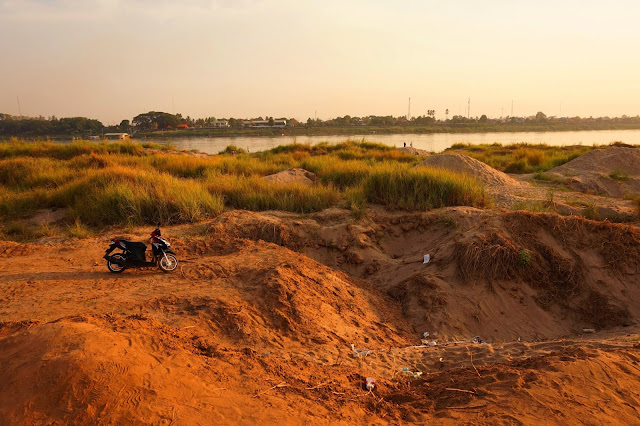Here you can read extracts of interviews I did on my recent #fieldwork trip to #Serbia with CARE International UK. We were interviewing #mothers with small #children about the dangers they face fleeing #ISIS controlled #Syria and #Iraq to Europe.
“We walked 10 days through Macedonia. We had very little food or water because we’d left in a hurry. What we had we shared with each other. We tried to give the children more. Going over the mountains was really hard. Our feet blistered and bled. Each step was agony. Our children were crying with hunger and cold. It rained and kept raining. We drank the rain water off the leaves...Many of us fell down in the mountains. We were covered in scratches, our feet were cut up and I have a huge bruise on my leg from a fall. I had to carry my children. They were terrified. I was scared for them but also because I could feel my scar from the caesarean ripping. It was so
painful.”
The words of Nadia. a Yazidi from Iraq.She fled her country whilst pregnant and accompanied by her young sons, having witnessed extremists commit unbelievable atrocities. When she reached Athens she was given a Caesarian, but her baby was dead. He was taken away and buried in a mass grave.
On 19 and 20 September world leaders will gather at the UN for two major summits on the global refugee and migration crisis - a UN General Assembly plenary co- chaired by Jordan and Ireland, and a Summit on the Global Refugee Crisis convened by President Obama.
Ahead of the event, Women for Refugee Women and Care International UK are holding a ‘Listen to the Women’ event, to help ensure that the UK government plays a positive part in these summits.
Tomorrow (13th September), activists will be joined by cross-party MPs to hear testimonies of women like Nadia, read by actors including Juliet Stephenson and Anne-Marie Duff.
The message will be clear: women face specific challenges in the global refugee crisis.
Women who cross borders to seek safety share the same challenges that men do, but they may also have specific vulnerabilities. These include sexual and gender-based violence. It is a fact that many refugee women are fleeing sexualised or gender-based violence, including rape as persecution, forced marriage, forced prostitution. In addition, many of them experience sexual violence at the hands of traffickers or others during their journeys.
Women and girls who are migrating also face high risks to reproductive health. There is often no suitable provision for pregnant women and new mothers in refugee camps and border crossings.
And women who are caring for young children while they are displaced face an emotional and physical toll that is often unrecognised. As well as trying to keep going themselves, they are trying to protect their children from the worst effects of what they are going through.
The UK can and should do more to ensure that women are safe. At the moment, we are taking in many fewer refugees than other European countries. Without becoming overwhelmed, the UK could do more to contribute to humane solutions for at least more of the women and children caught up in refugee crisis.
The UK government could also do more to support the needs of refugee women in developing countries where most refugees are living. This should include increased funding to women-led organisations and ensuring that humanitarian aid is linked to commitments on meeting women’s needs.
In addition, our government needs to work with other governments to ensure that there are safe, legal routes to settlement for vulnerable refugee women. A focus on deterrence ignores the root causes of displacement and puts women and girls at greater risk.
And finally, in the UK women who have crossed borders to seek safety should be given dignity and a chance to rebuild their lives. This includes timely and fair decisions on asylum applications; an end to detention in the notorious Yarl’s Wood detention centre (described last year by HM Inspectorate of Prisons as ‘a place of national concern’); and an end to destitution and homelessness as women pass through the asylum process.
Nadia and her sons are now in Serbia. She is trying to make it to Germany to be reunited with her husband and daughter. She says, “We are trying to stay strong and support one another. But we’re praying for a miracle.”








